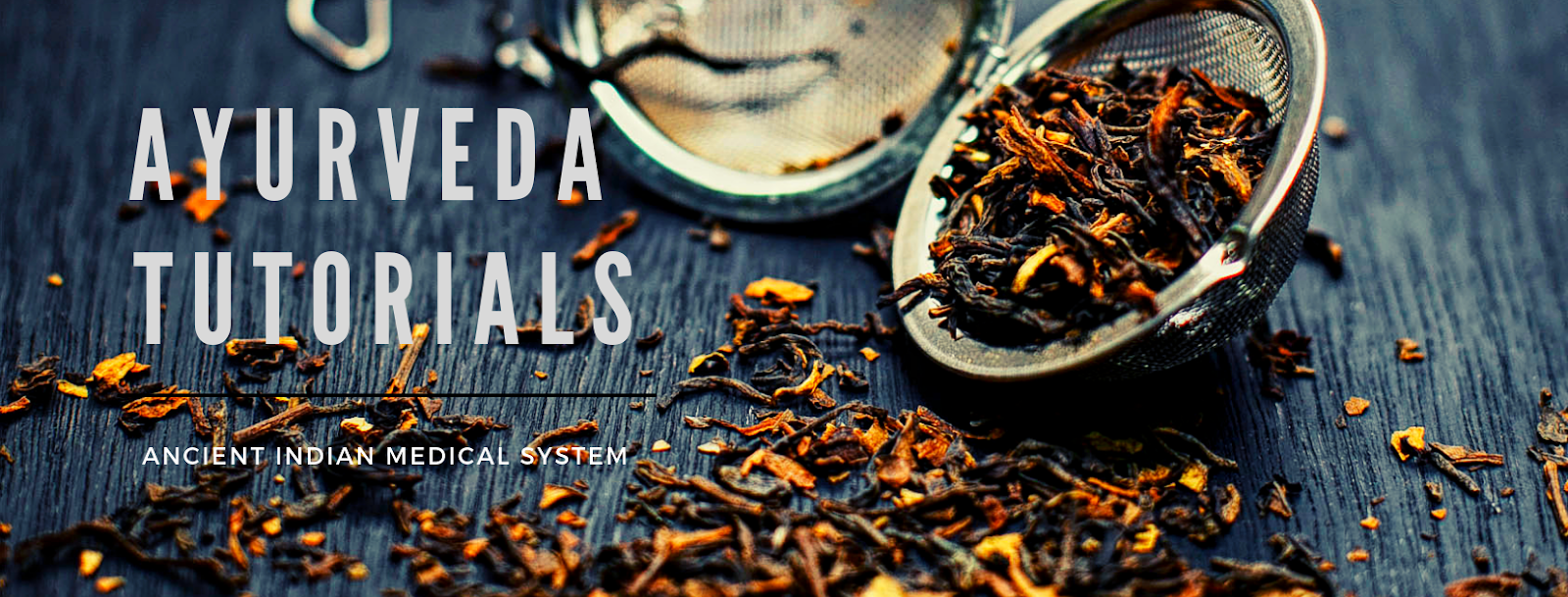Ayurvedic medicine prescribes unique practices, diet and lifestyle for each season, to maintain a state of equilibrium in the doshas.
Ayurveda and Winter
Winter is the time when Vata dosha or Kapha dosha dominates. Cold and dry weather increases Vata and cold and wet weather increases Kapha. Drying effects of heating systems can also aggravate Vata dosha.
In winter, people are more prone to sinus infections, headaches, weak immunity, common colds, flu, aches, joint paint, depression, dry skin and hair, brittle nails, sleep difficulties, constipation, and problems with kidneys, pancreas, bladder and lungs.
Agni is very strong during winter. Due to the gastric fire being very high, people feel hungrier and can digest food better during this cold season.
This is the time to build up the seven dhatus and nourish the mind and the body by eating properly and getting more rest.
It is important to keep the immunity high. This means having balanced doshas, digestion and elimination and getting a restful sleep every night.
 |
| Photo by Galina |
Ayurvedic Tips For Winter
❄ It is recommended to eat warm, nutritious and home cooked food. Try to include steamed vegetables and hot soups and stews. Liberal use of ghee and oil is also recommended.
❄ Eat more food with predominant sour, sweet and salty taste. Eat less food with predominant pungent, bitter and astringent taste. However, all six tastes should be incorporated in your daily meals.
❄ Ideal winter foods:
Rice, corn, oats, wheat, warm and spiced milk, kidney beans, black beans, barley, black gram, urad dal, rye, lentils, quinoa, dates, figs, dried fruit, tangerines, lemons, cooked apples, almonds, cashews, walnuts, pecans, jaggery, sugarcane, carrot, beets, radishes, turnips, pumpkin, potatoes, spinach and kitchari.
Check out the kitchari recipe here: Kitchari - Ayurvedic Healing Dish
Check out the kitchari recipe here: Kitchari - Ayurvedic Healing Dish
 |
| Photo by Aaron Burden |
❄ Warm up your body with ginger, long pepper, black pepper, cayenne, mustard seeds, cardamom, cinnamon, cloves, turmeric and garam masala.
❄ Have a cup of turmeric milk or ginger tea before going to bed.
❄ One of the biggest mistakes during winter is to eat cold and raw foods or smoothies. Raw vegetables have cold, dry and rough quality and they are too fibrous to digest. Raw fruits and vegetables are usually cooling in nature, and the stomach requires heat to complete its processes.
❄ Do not fast in winter more than one day in two weeks.
❄ Drink warm water or warm herbal teas. This will ensure that you are able to digest and eliminate your food properly.
❄ Recommended Ayurvedic herbs and preparations: bala, haritaki, sitopaladi churna, ashwaganda, brahmi, vidari, dashmul, tulsi, trikatu and chyawanprash.
❄ Make Trikatu powder – a classic Ayurvedic remedy for common cold, cough, sinusitis, rhinitis, liver disorders, constipation, indigestion an removing toxins. It has anti-viral, antibacterial, anti-inflammatory and fat burning properties.
How to make Trikatu powder:
- You will need dry ginger, black pepper and long pepper.
- Take these in equal proportions and grind them.
- After sieving, store the powder in an air tight container.
- Mix 1/4 to 1/2 teaspoon of powder with warm water and drink it once a day after your main meal.
- If you can't handle the spiciness you can sprinkle the powder on your food.
Avoid it if you have sensitive stomach, gastritis, constipation, burning sensation in the body, bleeding disorders or high risk pregnancy.
If you are pregnant or breastfeeding you shouldn't use more than 0.5 grams daily.
Trikatu is a warming formula and you should take it during cold months only.
- Take these in equal proportions and grind them.
- After sieving, store the powder in an air tight container.
- Mix 1/4 to 1/2 teaspoon of powder with warm water and drink it once a day after your main meal.
- If you can't handle the spiciness you can sprinkle the powder on your food.
Contraindications Of Trikatu:
After two or three weeks you should stop taking it.Avoid it if you have sensitive stomach, gastritis, constipation, burning sensation in the body, bleeding disorders or high risk pregnancy.
If you are pregnant or breastfeeding you shouldn't use more than 0.5 grams daily.
Trikatu is a warming formula and you should take it during cold months only.
❄ We are physically strongest during the winter season, so this is a great time to reproduce and conceive.
❄ Avoid direct and strong cold winds.
❄ Make sure to get plenty of fresh air and sunlight.
❄ Take shower with warm water.
❄ Keep your house warm and wear warm clothes.
❄ Spend some time in the sauna.
❄ Getting enough rest keeps your mind calm and clear.
Without sufficient sleep, the senses are not rested and their functions become impaired. The mind is also not given the opportunity to relax and regain energy. Concentration may be poor, and lethargy or confusion may be experienced.
Go to bed by 10 pm. The ideal time to wake up in the morning is the time before sunrise.
Staying up late and sleeping during the day can compromise the immune system and cause many Vata related disorders (insomnia, sciatica, joint pain, dandruff, constipation, stiffness in neck, seizures, mental illness etc.).
To maintain a good health it's important to follow the Ayurvedic daily routine.
❄ Massage should be done regularly with warm sesame or olive oil.
Begin with massaging the head for a few minutes. Put one or two drops of oil in each ear and in the inner portion of the nose. Massage the rest of the body for at least 10 minutes. Don't forget the soles of the feet.
Ideally, this should be done every day but, if that is not possible, massage at least twice a week.
The purpose of a body massage is to loosen and mobilize accumulated toxins in the deeper tissues of the body so that their removal becomes easy, but it also keeps Vata dosha from getting aggravated. Let the oil absorb into the body for at least 15 min, then take a hot bath or shower.
Here is the Ayurvedic Massage Oil Recipe.
❄ Massage should be done regularly with warm sesame or olive oil.
Begin with massaging the head for a few minutes. Put one or two drops of oil in each ear and in the inner portion of the nose. Massage the rest of the body for at least 10 minutes. Don't forget the soles of the feet.
Ideally, this should be done every day but, if that is not possible, massage at least twice a week.
The purpose of a body massage is to loosen and mobilize accumulated toxins in the deeper tissues of the body so that their removal becomes easy, but it also keeps Vata dosha from getting aggravated. Let the oil absorb into the body for at least 15 min, then take a hot bath or shower.
Here is the Ayurvedic Massage Oil Recipe.
Author: Ayurveda Tutorials
Related articles:
Ayurvedic Regimen For Spring
Ayurvedic Regimen For Summer
Ayurvedic Regimen For Autumn
Ayurvedic Daily Routine
Ayurvedic Regimen For Restful Sleep
Related articles:
Ayurvedic Regimen For Spring
Ayurvedic Regimen For Summer
Ayurvedic Regimen For Autumn
Ayurvedic Daily Routine
Ayurvedic Regimen For Restful Sleep




No comments:
Post a Comment